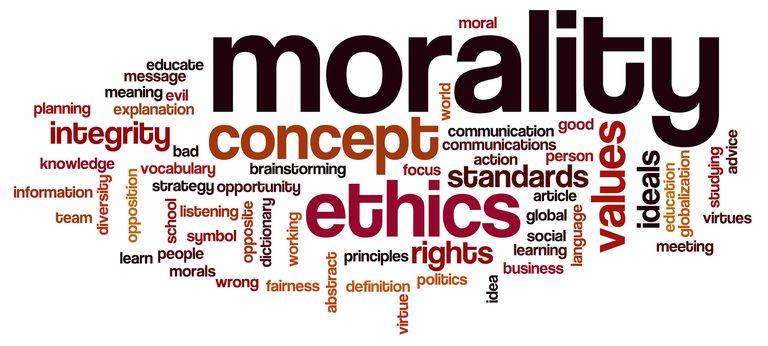This article considers the Paradigmatic and Descriptive senses of morality. It then poses the question: Can morality be defined? If so, is it unifying enough? And, is it sufficient to give a common definition to morality? Hopefully, you'll be able to better understand and apply moral principles to your life.

Paradigmatic views of morality
Paradigmatic views of morality are views based on the common nature of things, as opposed to their separate properties. The common properties of things are properties that all parts and wholes have. This view implies that we should only want to do what is good for ourselves and for others. However, this view also raises metaethical issues. While it does not directly address the problem of moral realism, it does suggest that moral facts are compatible with an acceptable metaphysics and epistemology.
Normative sense
In the normative sense of morals, morality is the code of behavior that an individual or society sets forth and accepts. Morality can also be a descriptive notion. A moral agent, such as a parent or a boss, can adopt a norm that is acceptable to others but does not apply to him or her.
The normative sense of morals involves commitment. An individual who accepts an account of morality is committed to viewing immoral behavior as immoral. Philosophers disagree about the nature of this commitment.
Descriptive sense
The term "morality" has many connotations, but in its descriptive sense, it refers to codes of conduct put forward by a society, group, or individual. It should not be confused with law or etiquette. Morality is a fundamental principle of human behavior, and we are all subject to it.
Morality is a code of conduct that guides behavior. It can be descriptive, normative, group-relativist, individualistic, or both. While many people accept a normative definition of morality, it should be remembered that not all moral codes are equally valid. Some societies focus on purity or loyalty, while others focus on avoiding harm to others.
Is morality unifying enough to define?
Morality is an important part of the foundation of a just society. Immanuel Kant called moral law a "mystery." It plays a vital role in the social order, and we should establish a moral compact to support it. Yet while knowledge of morality guides and influences behavior, it cannot itself be a cause or an end.
Morality is a basic ethical principle that directs people to do certain things and to avoid doing others. It also evaluates the actions of individuals and groups, evaluating them as "right" or "wrong" according to a set of principles or code of conduct. Since morality deals with standards of conduct, it can be controversial to define it. Questions about morality include whether there is a universal standard for good and evil, and whether moral principles differ in different cultures.